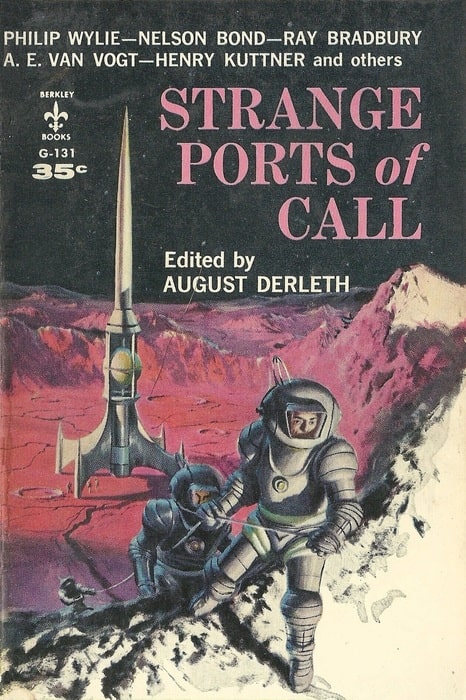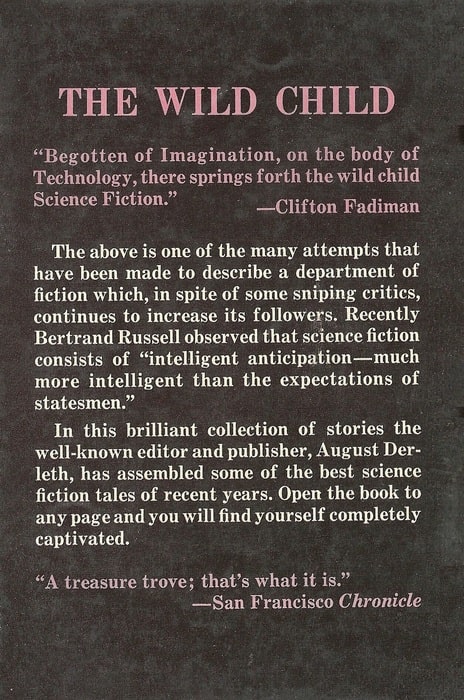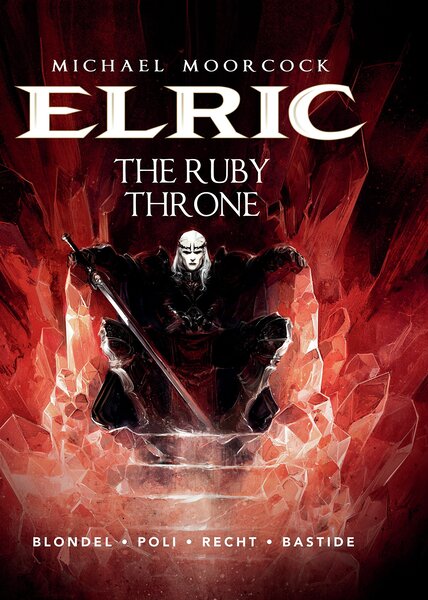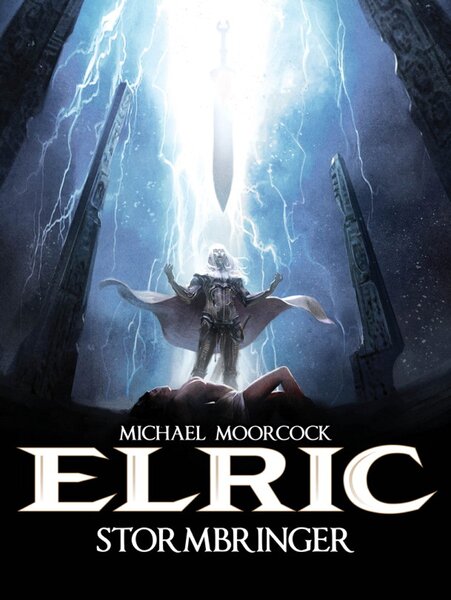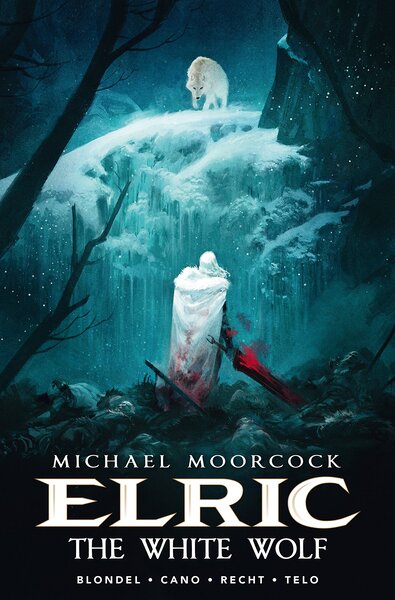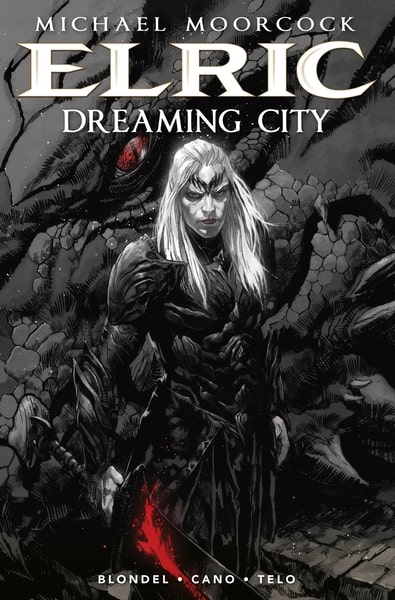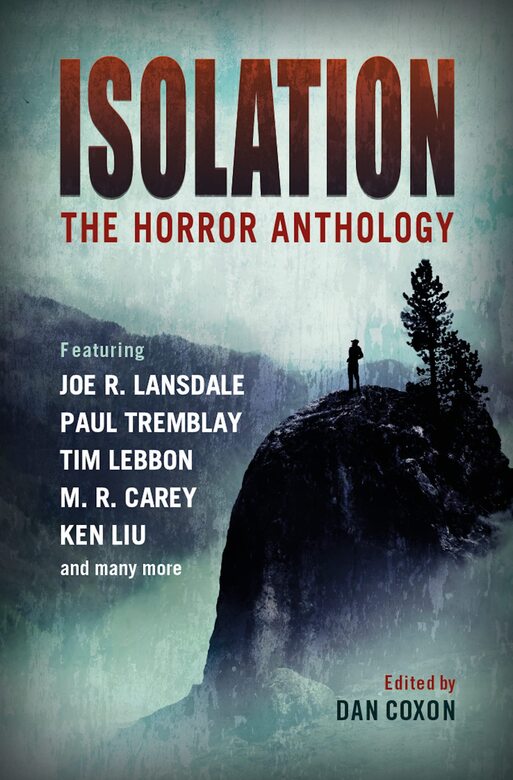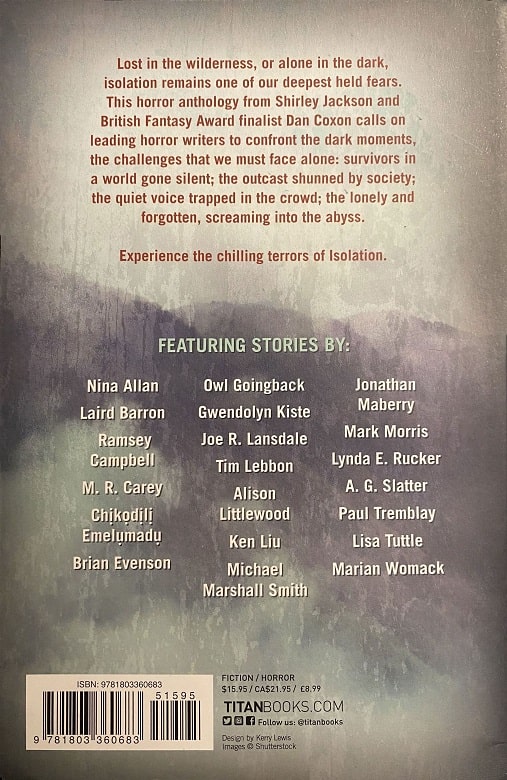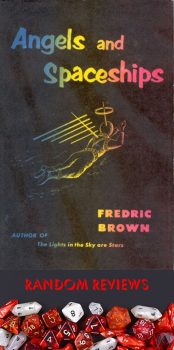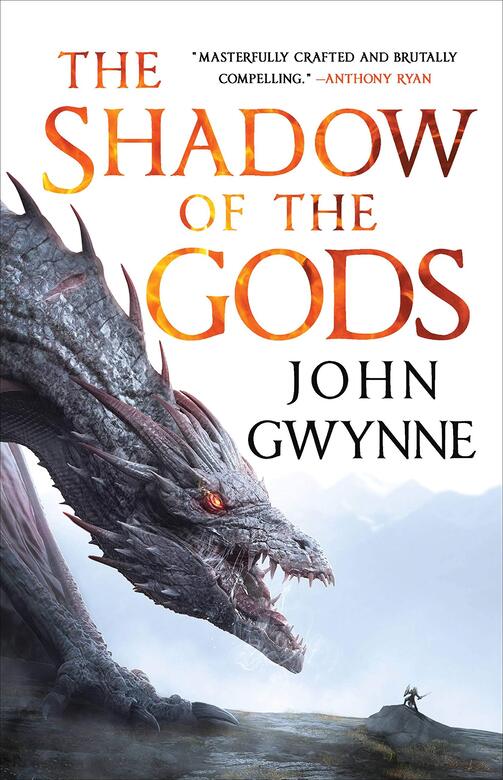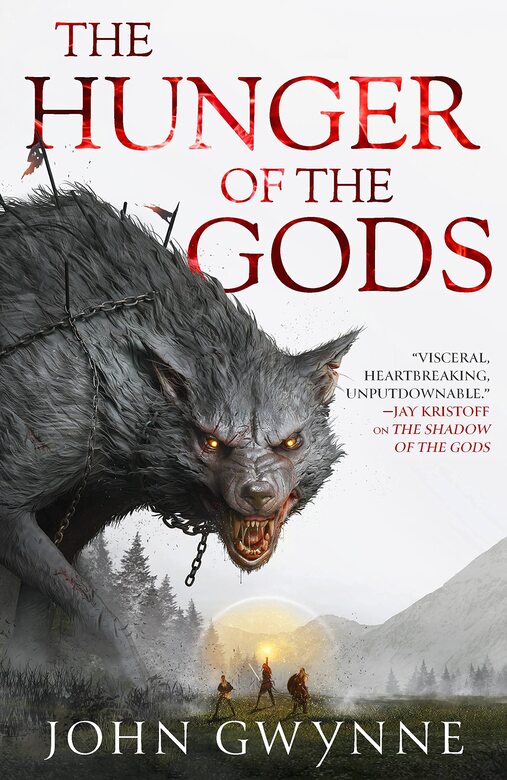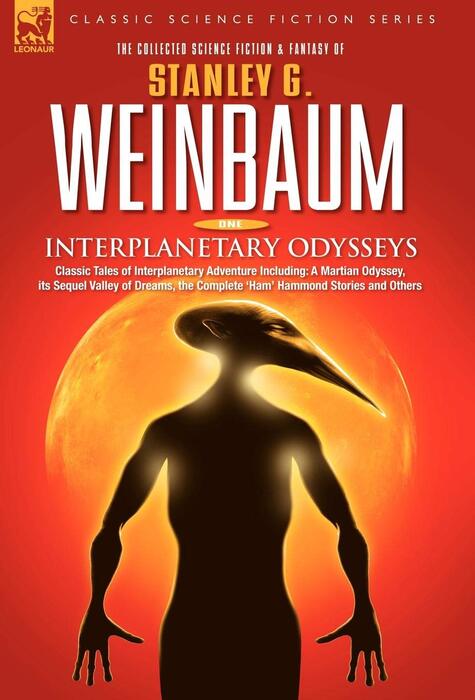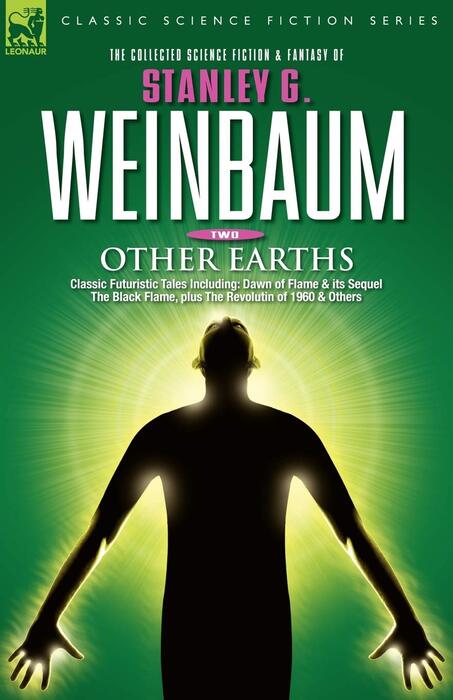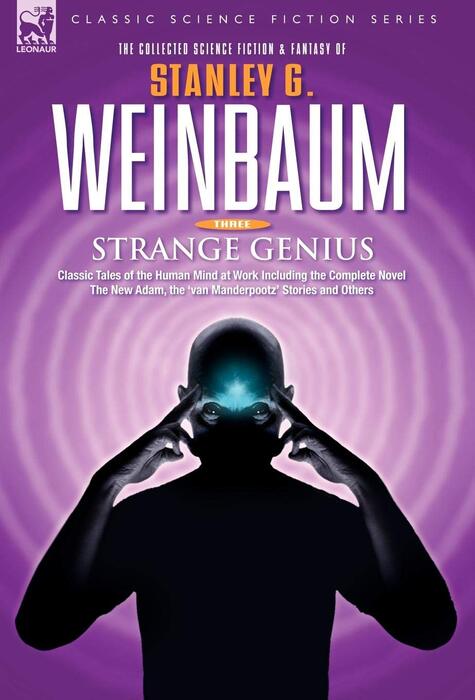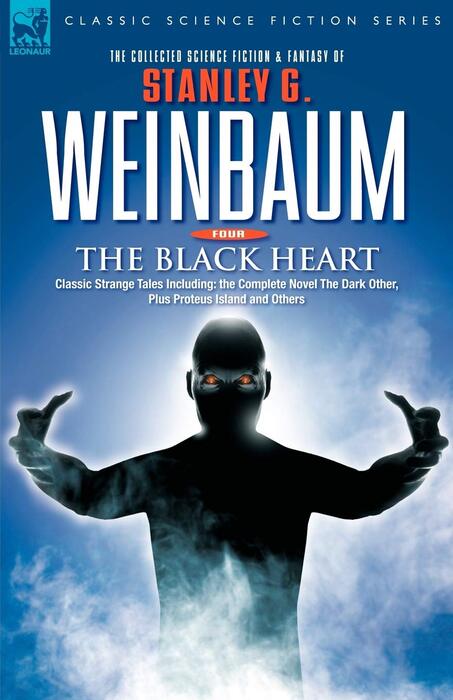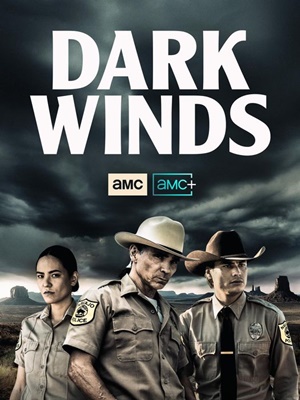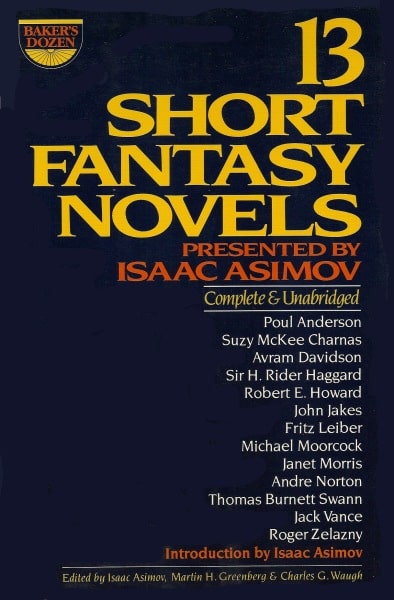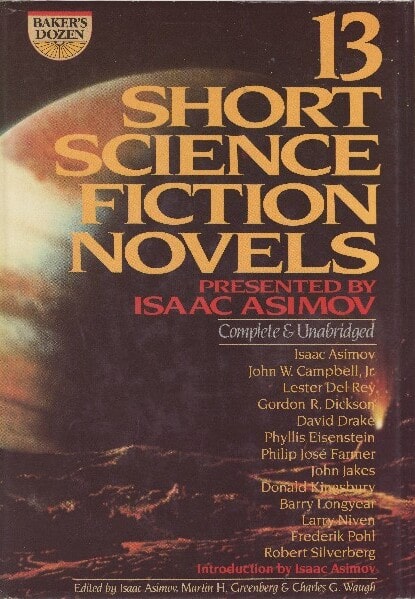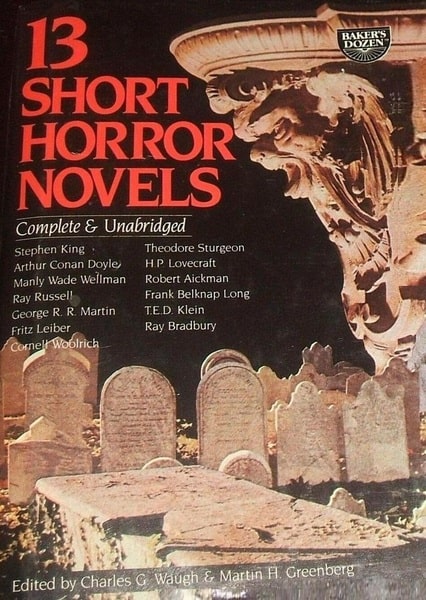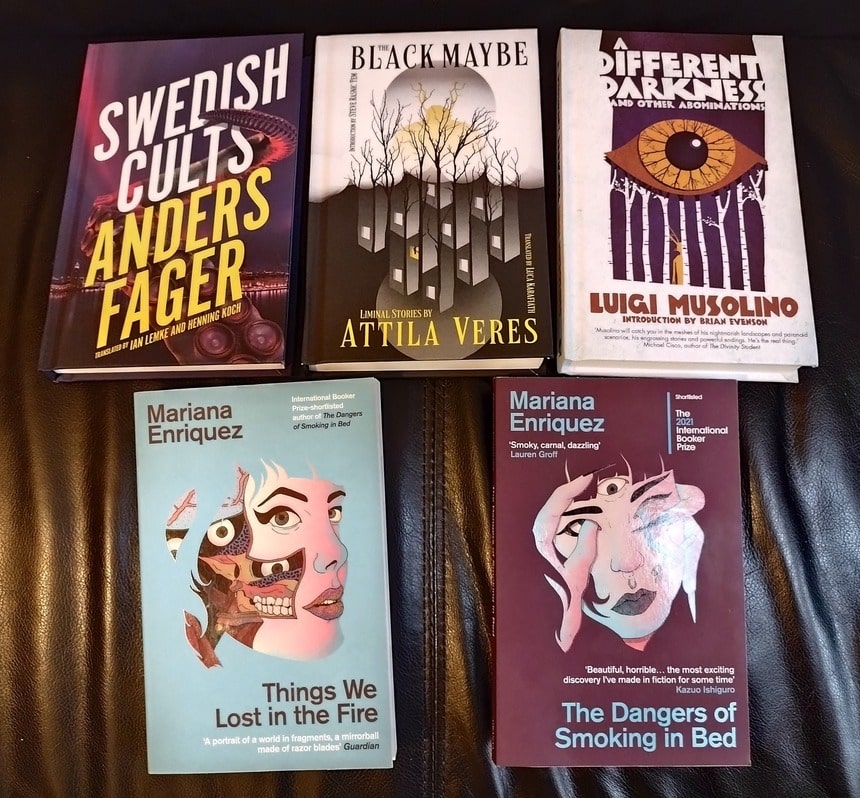What I’m Watching: December, 2022
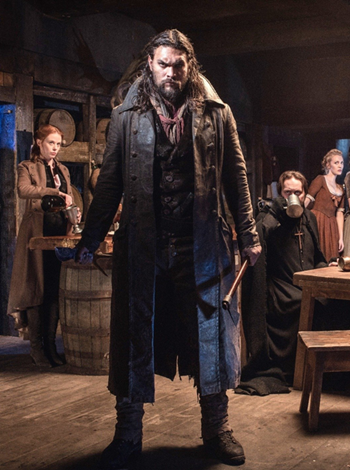 Last week, I spent 5,000 words talking about Dark Winds and the Tony Hillerman series it is adapted from. I even watched it twice – as I said, it’s a good series: just not good Hillerman. Recommended.
Last week, I spent 5,000 words talking about Dark Winds and the Tony Hillerman series it is adapted from. I even watched it twice – as I said, it’s a good series: just not good Hillerman. Recommended.
I continue to look forward to Tulsa King every Sunday. That may be the best show out there right now. I talked about that in the November post.
I did a series of posts on The Rings of Power – it was a ‘meh’ series. Better than The Shanarra Chronicles, not as good as The Wheel of Time. For over a half-billion dollars, it should have been better than fan fiction.
First half of season six of The Rookie was fine: though the new boot is easily the worst character in the history of the show. Season one of the spin-off show, The Rookie: Feds, was okay.
My son and I are watching Lethal Weapon: I’m not totally crazy about Damon Wayans in the role, but he and Clayne Crawford work well together. I think Crawford is the key to the show. I know there was a cast change after season two, so I’m leery. But overall, it’s a fun buddy cop show.
Moving on.
